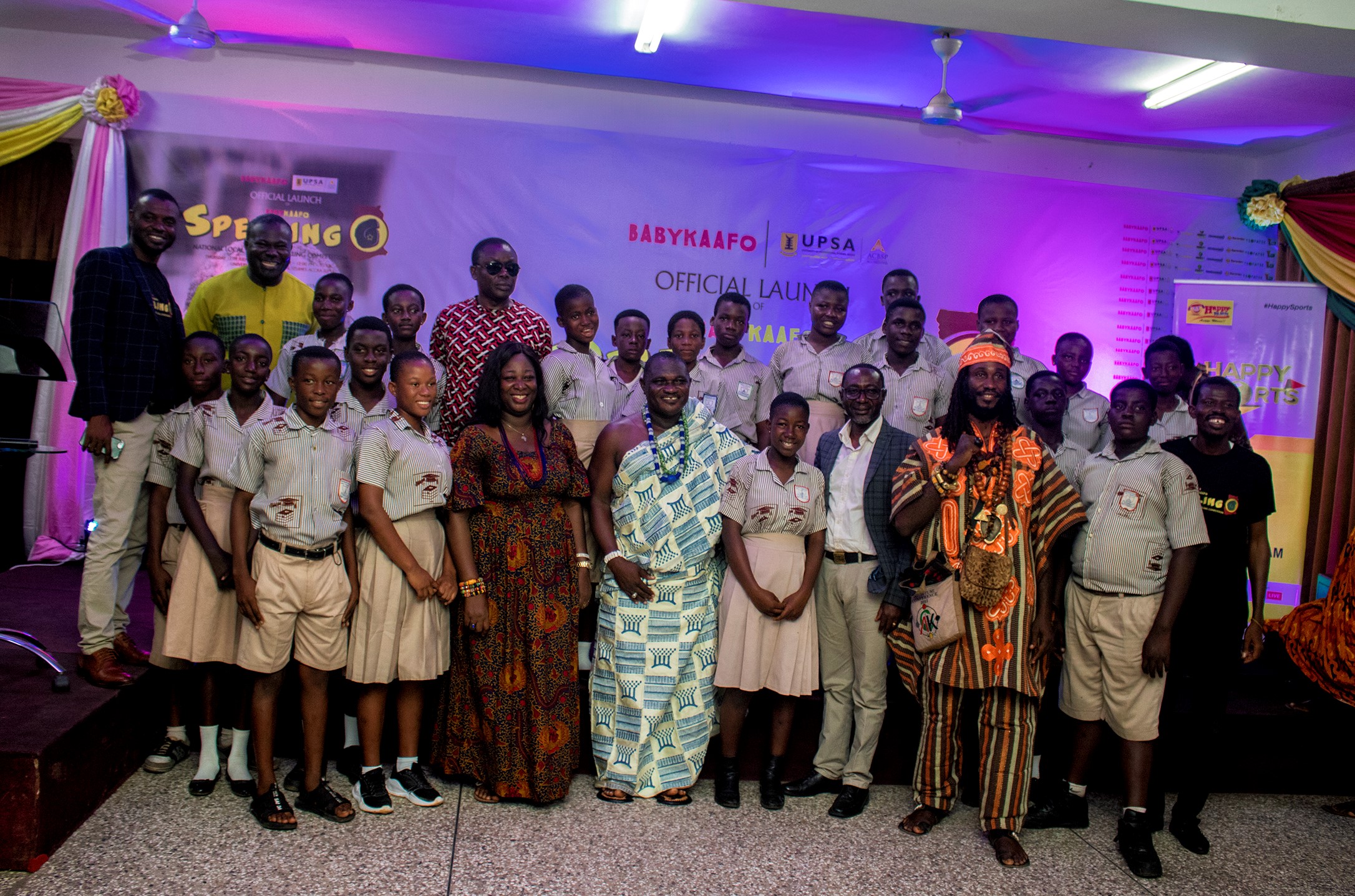As part of efforts towards promoting local languages, preserving culture, and fostering unity among Ghanaians, the UPSA Language Centre has launched a local language spelling competition dubbed ‘Spelling G’.
The competition, organised in collaboration with Babykaafo, a non-governmental organisation, aims to engage both basic school pupils and adults, encouraging them to embrace and celebrate their linguistic heritage.
It is also aimed at providing a competitive platform for participants to showcase their native language skills and knowledge.
The competition will feature a series of contests focused on various local languages spoken across the country, including Ga, Twi, Hausa, Dagbani, Ewe, and Fante.
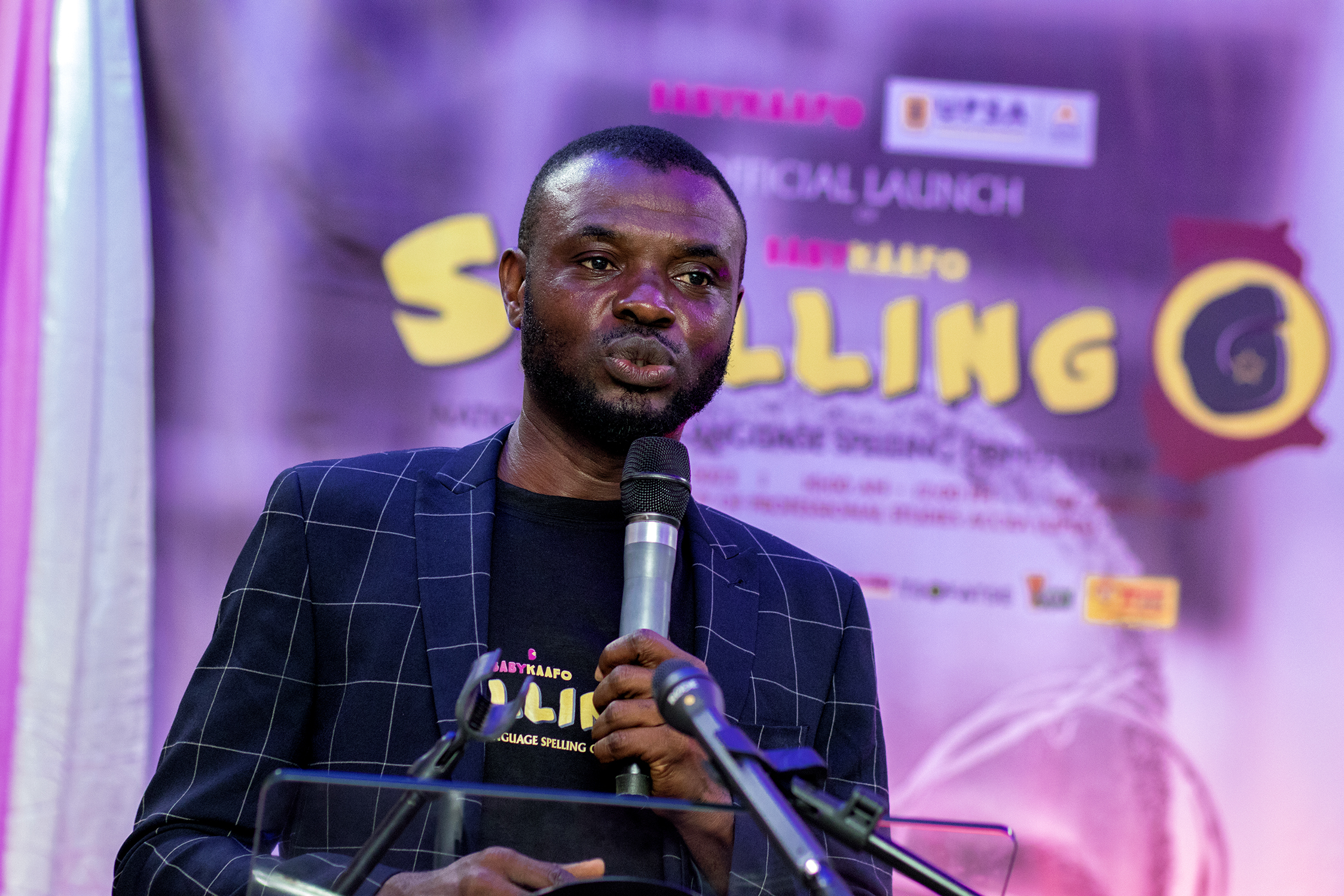
Coordinator of the UPSA Language Centre, Dr Mohammed Sadat, highlighted the significance of the competition in promoting linguistic inclusivity and cultural heritage.
He said the competition seeks to address the gradual decline of local language usage and the subsequent loss of cultural identity.
By emphasizing the importance of linguistic diversity, Dr Sadat explained that UPSA, through the Language Centre, aims to “encourage a renewed interest in these languages among Ghana’s population and revitalize the local cultural landscape.”
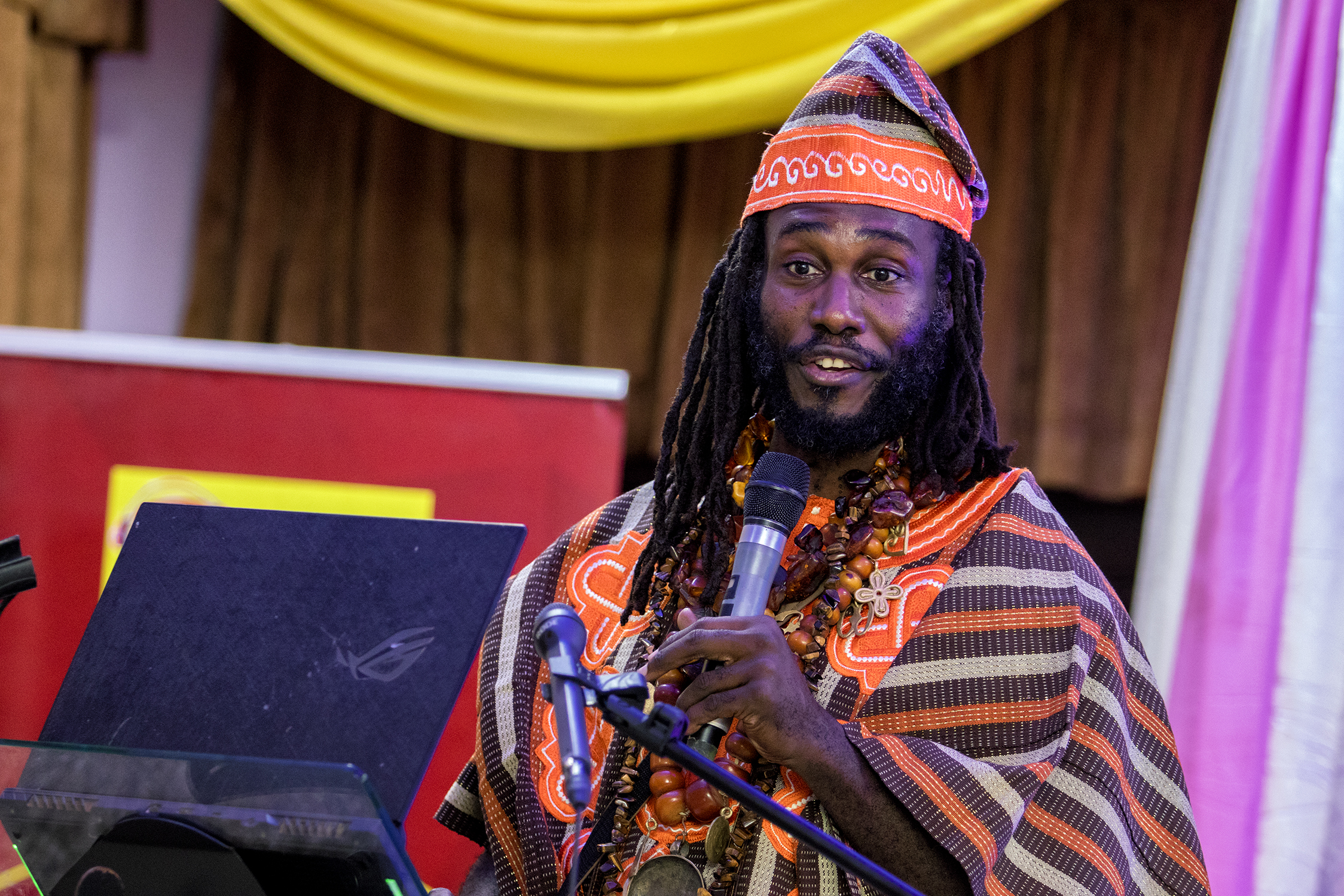
Professor Obadele Bukari Kanbon, the Special Guest of Honour at the maiden event, observed that indigenous languages play a critical role in modern pedagogy and serve as an essential data source for national cohesion.
He noted that language is a fundamental aspect of any society’s identity, stressing that it is high time English terminologies and technical jargon were demystified by educators and local language tutors to aid effective teaching and learning.
“With this competition, we aim to celebrate the richness of Ghana’s local languages and create a sense of pride among participants and the broader community,” Prof. Kanbon said.
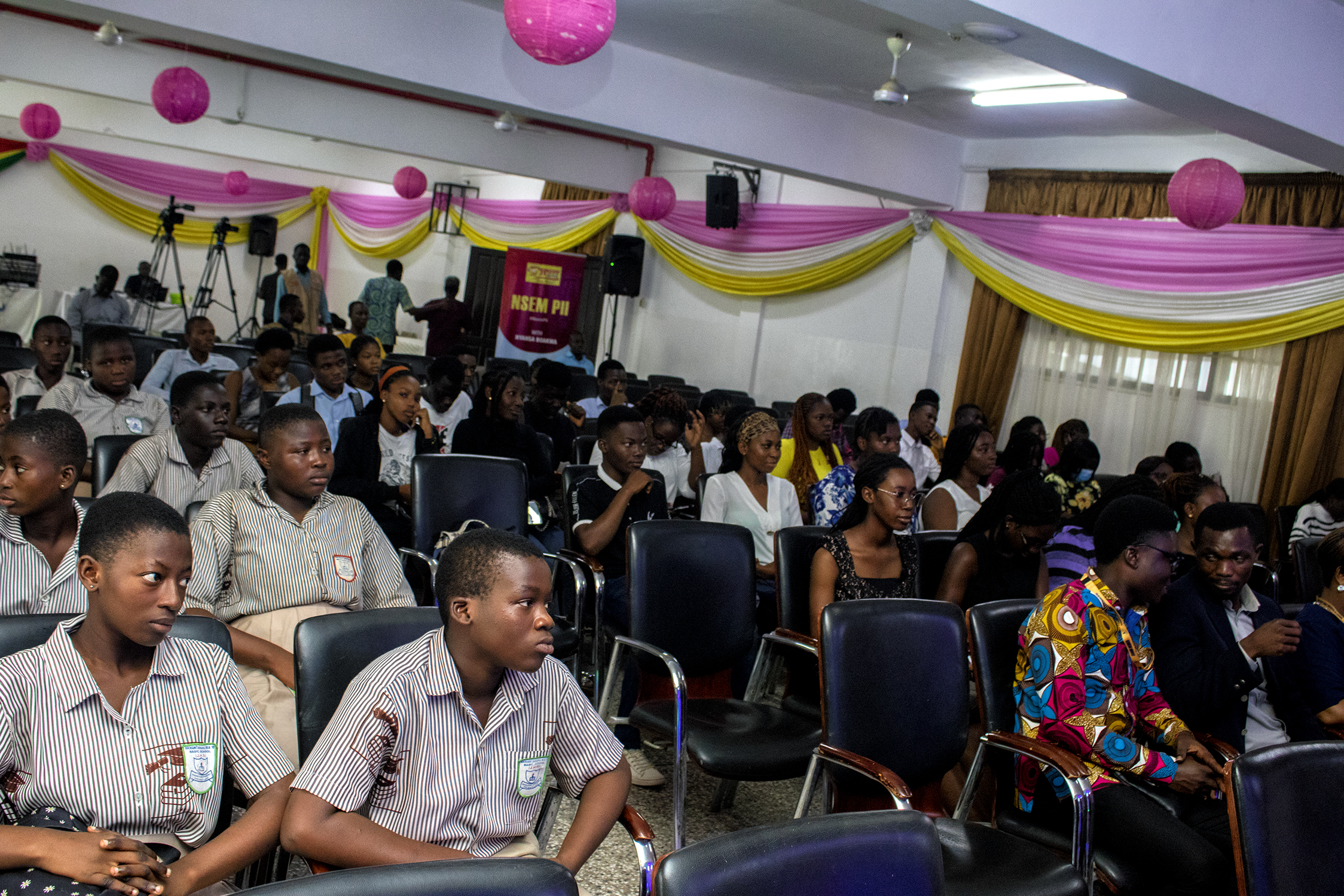
“Preserving our linguistic heritage is crucial for maintaining our cultural distinctiveness.”
Mr Joseph Nanor, the programme’s Coordinator, disclosed that there will be two categories of competitors – basic school pupils and adults.
He said students from primary and Junior High schools across the country will compete against each other, testing their language skills and knowledge through a series of challenging quizzes, while the adult category will include participants from various backgrounds, including educators, linguists, and language enthusiasts.
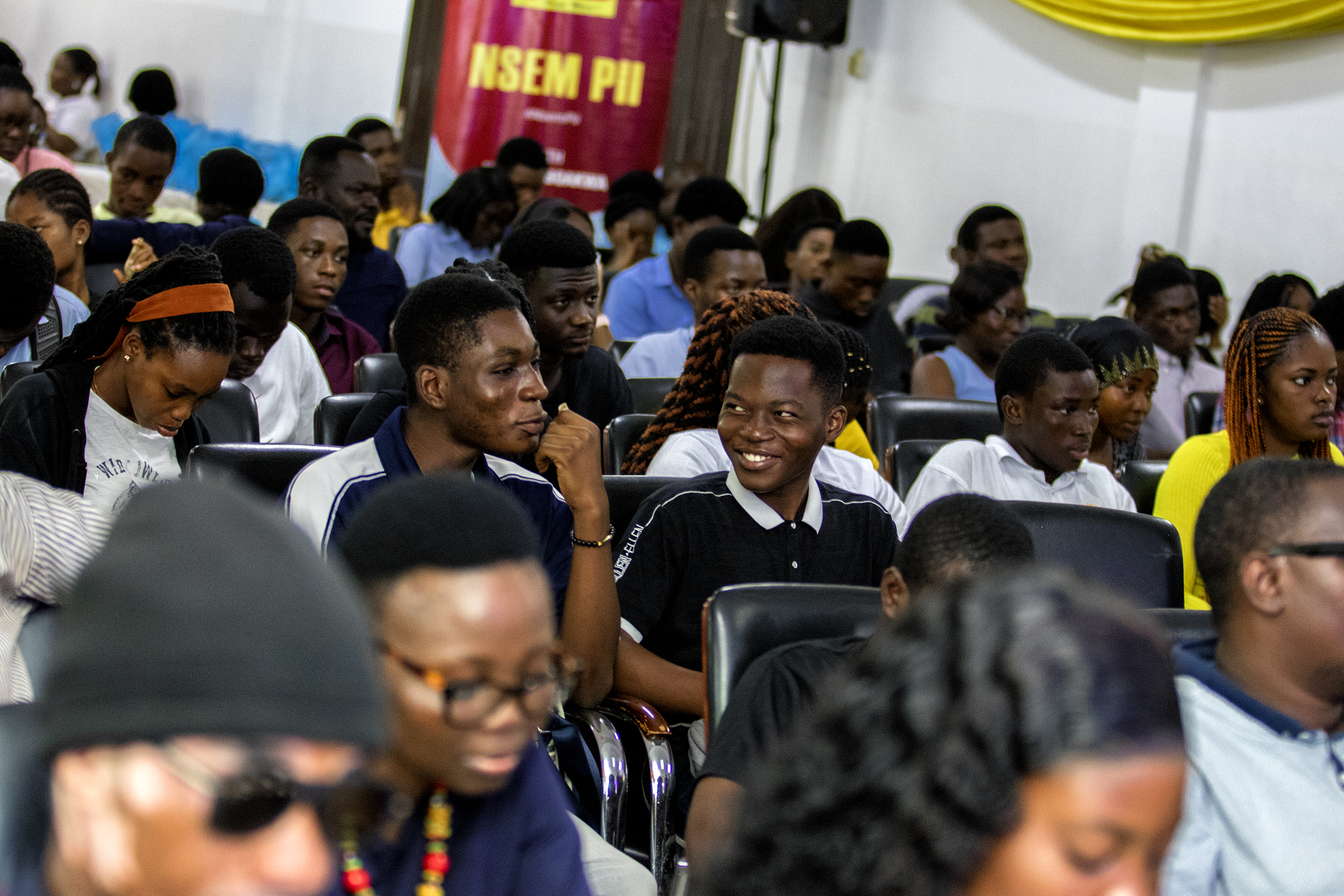
“By involving both the younger generation and adults, the quiz competition aims to bridge the gap between different age groups, fostering intergenerational exchange and learning,” Mr Nanor said.
To ensure the success of the competition, the UPSA Language Centre in partnership with Babykaafo has collaborated with local language experts, educators, community leaders, and public organisations, including the Ministry of Education, the National Commission on Culture, and the Bureau of Languages.
They will play an instrumental role in developing the quizzes and serving as judges.

